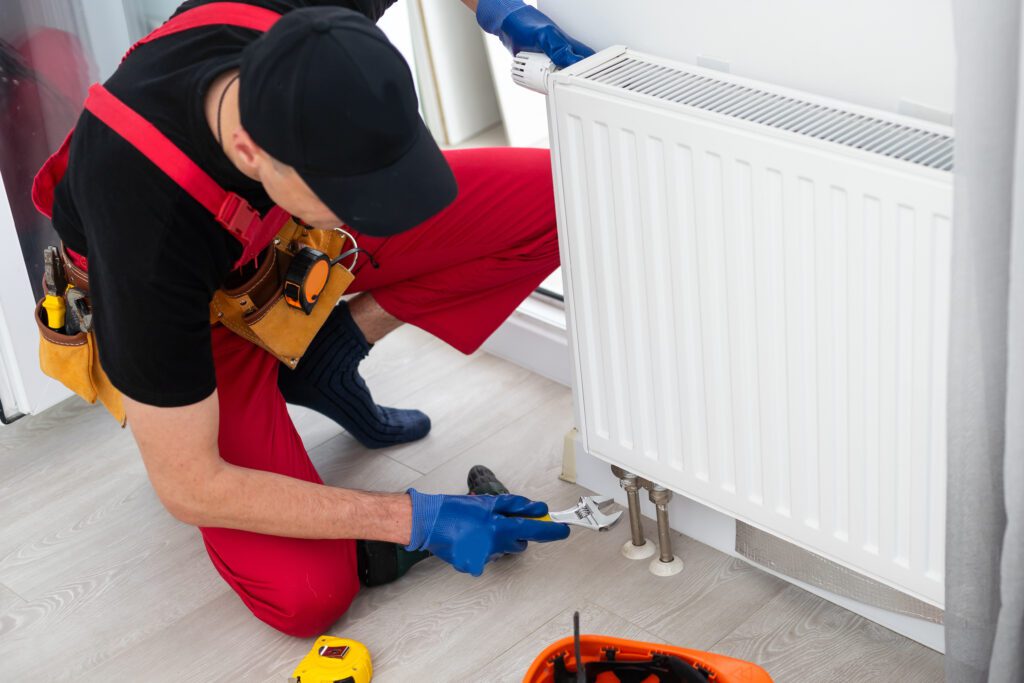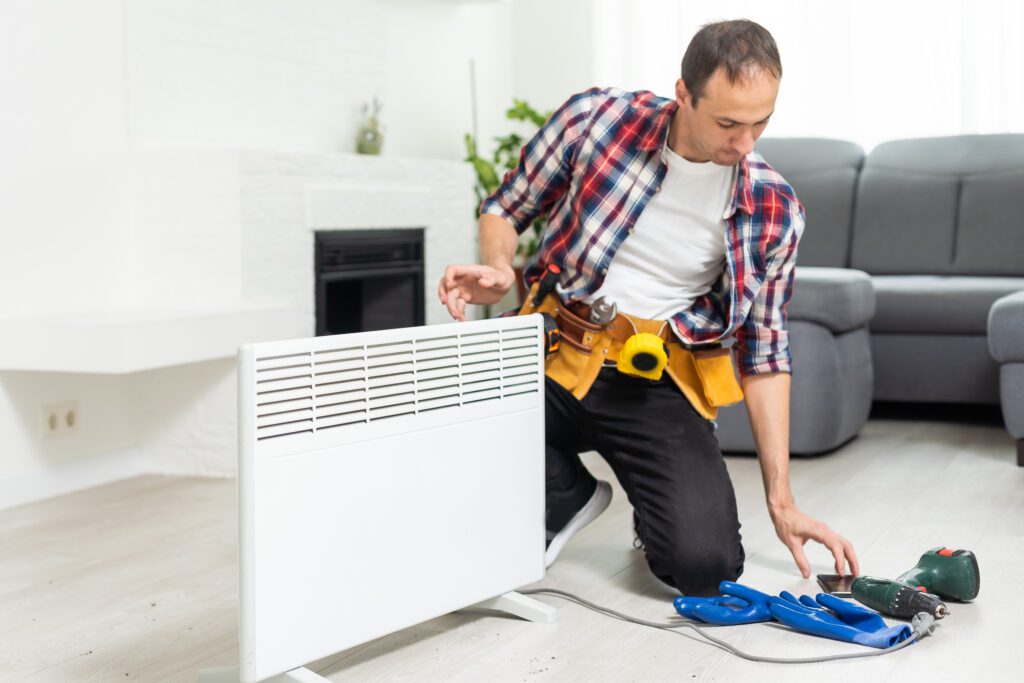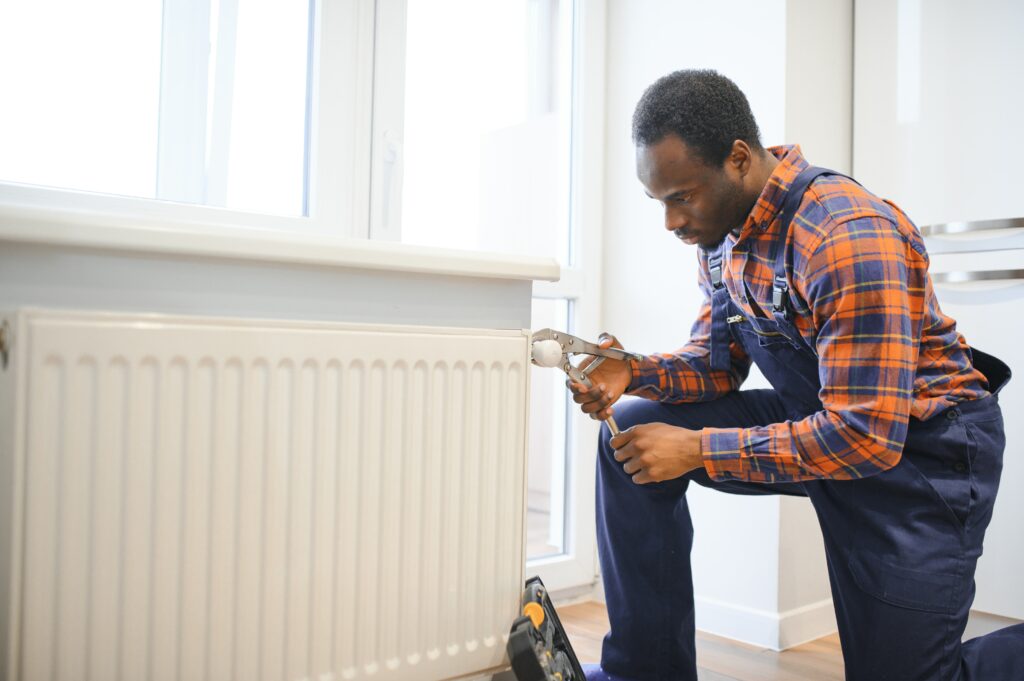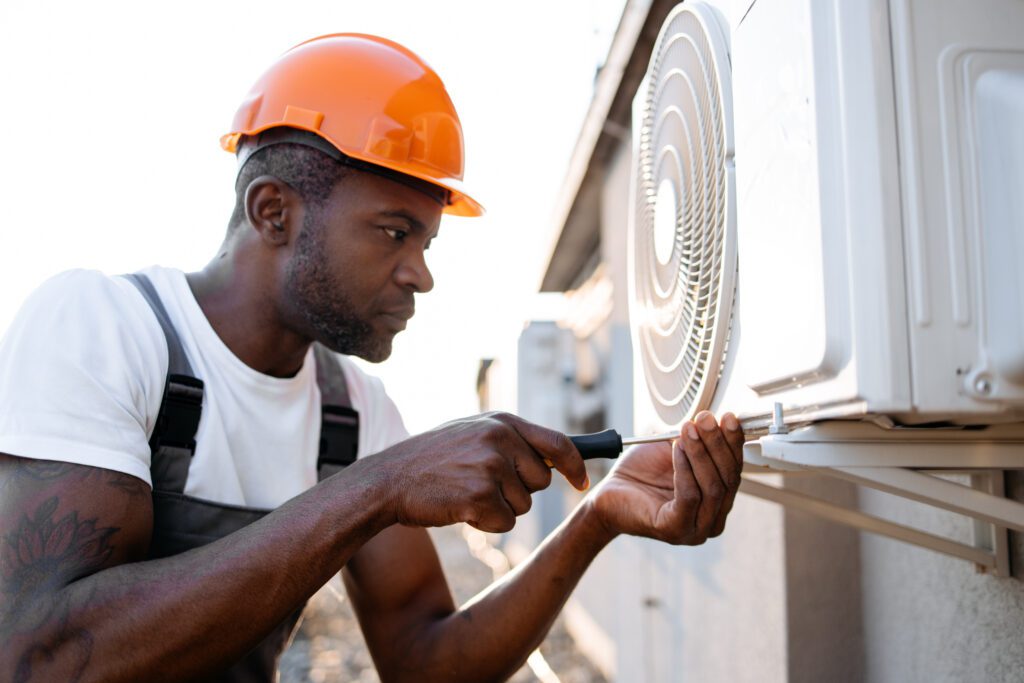In today’s world, energy efficiency has become a top priority for homeowners in Martinsburg, WV. With rising energy costs and the need to reduce carbon footprints, finding ways to minimize energy consumption has never been more important. One area where homeowners can make a significant impact is through their HVAC (Heating, Ventilation, and Air Conditioning) systems. In this ultimate guide, we will explore the importance of energy efficiency in HVAC systems, the key features of energy-efficient solutions, tips for choosing the right system, and maintenance strategies to maximize efficiency.
Understanding the Importance of Energy Efficiency in HVAC Systems
When it comes to energy consumption in residential buildings, HVAC systems play a crucial role. These systems are responsible for heating, cooling, and ventilating homes, accounting for a significant portion of energy usage. By investing in energy-efficient HVAC solutions, homeowners can not only reduce their energy bills but also contribute to a more sustainable future.
Energy efficiency in HVAC systems goes beyond just cost savings. It also plays a vital role in reducing greenhouse gas emissions and combating climate change. With buildings accounting for a significant portion of global energy consumption, adopting energy-efficient HVAC systems can have a substantial impact on reducing overall energy demand and mitigating environmental impact.
The Role of HVAC Systems in Energy Consumption
HVAC systems consume a substantial amount of energy due to the continuous operation required to maintain comfortable indoor temperatures. Inefficient systems lead to energy wastage, increased utility bills, and unnecessary strain on the environment. By opting for energy-efficient HVAC systems, homeowners can minimize energy consumption and reduce their carbon footprint.
It’s important to note that regular maintenance of HVAC systems is also crucial in ensuring optimal energy efficiency. Simple tasks such as replacing air filters, cleaning ducts, and scheduling professional inspections can help improve the overall performance of the system and maximize energy savings.
Benefits of Energy-Efficient HVAC Systems
Energy-efficient HVAC systems offer several advantages to homeowners. Firstly, they significantly reduce energy consumption, resulting in lower utility bills. Secondly, these systems provide improved comfort by maintaining more consistent temperatures throughout the home. Moreover, energy-efficient HVAC systems are quieter, have better air quality control, and tend to have a longer lifespan compared to their less efficient counterparts.
Additionally, many energy-efficient HVAC systems are equipped with smart technology features that allow homeowners to monitor and control their energy usage remotely. This level of control not only enhances convenience but also empowers users to make informed decisions about their energy consumption habits, further optimizing efficiency and savings.
Key Features of Energy-Efficient HVAC Solutions

Now that we understand the importance of energy efficiency, let’s explore the key features of energy-efficient HVAC solutions.
Energy-efficient HVAC solutions go beyond just saving money on utility bills; they also contribute to a greener environment by reducing energy consumption. By investing in energy-efficient HVAC systems, homeowners can lower their carbon footprint and help combat climate change.
High SEER Ratings and What They Mean
SEER (Seasonal Energy Efficiency Ratio) is a metric used to measure the cooling efficiency of air conditioners and heat pumps. A higher SEER rating indicates greater energy efficiency. When selecting an HVAC system, look for models with higher SEER ratings to ensure optimal energy savings.
Additionally, high SEER-rated systems not only save energy but also provide better comfort by maintaining more consistent indoor temperatures. This can result in improved air quality and overall well-being for occupants of the home.
The Value of Energy Star Certification
Energy Star is a government-backed program that identifies and certifies energy-efficient products, including HVAC systems. Energy Star certified HVAC units meet strict energy efficiency criteria set by the Environmental Protection Agency (EPA). By choosing an Energy Star certified system, homeowners can rest assured that they are investing in a highly efficient and environmentally friendly solution.
Energy Star certification also signifies that the HVAC system has undergone rigorous testing to ensure its energy-saving capabilities. This certification not only benefits the environment but also provides homeowners with peace of mind knowing that they are using a product that meets high standards of efficiency.
Variable Speed Motors and Their Impact on Efficiency
Traditional HVAC systems operate at a fixed speed, which can be inefficient when the demand for heating or cooling is low. Variable speed motors, on the other hand, automatically adjust their speed based on the required output, resulting in improved energy efficiency. These motors also provide better humidity control and quieter operation, making them an excellent choice for energy-conscious homeowners.
By investing in HVAC systems with variable speed motors, homeowners can enjoy not only energy savings but also enhanced comfort and quieter operation. The ability of these motors to adjust their speed based on the specific heating or cooling needs of a home can lead to more precise temperature control and reduced energy wastage.
Choosing the Right Energy-Efficient HVAC System for Your Home

Selecting the most suitable energy-efficient HVAC system for your home requires careful consideration of several factors.
When it comes to selecting the ideal energy-efficient HVAC system for your home, it’s essential to delve deeper into the specifics to ensure maximum comfort and cost-effectiveness. By taking a comprehensive approach to evaluating your heating and cooling needs, you can make an informed decision that will benefit both your household and the environment.
Assessing Your Home’s Heating and Cooling Needs
Start by evaluating your home’s heating and cooling requirements. Factors such as square footage, insulation, number of windows, and regional climate should all be taken into account. By understanding your specific needs, you can choose a system that will provide optimal comfort and energy efficiency.
Delving into the intricacies of your home’s heating and cooling demands involves not only looking at the physical attributes of your living space but also considering the preferences and habits of your household members. Factors such as preferred temperature settings, usage patterns, and air quality concerns play a crucial role in determining the most suitable HVAC system for your home.
Evaluating Different HVAC System Types
There are various types of HVAC systems available, including central air conditioning units, heat pumps, and ductless mini-split systems. Each system has its pros and cons, so it’s important to consider factors such as installation costs, compatibility with your home’s existing infrastructure, and long-term energy savings. Consulting with an HVAC professional can help you make an informed decision.
Exploring the diverse range of HVAC system types opens up a world of possibilities for customizing your home’s heating and cooling setup. From traditional central air systems that provide consistent whole-house comfort to innovative ductless mini-split systems that offer zone-specific temperature control, the options are vast. By weighing the advantages and drawbacks of each system type, you can tailor your choice to align with your home’s unique requirements.
Considering the Climate in Martinsburg, WV
The climate in Martinsburg, WV, experiences both hot summers and cold winters. When choosing an energy-efficient HVAC system, ensure it has the capacity to handle both extremes efficiently. Pay attention to features such as two-stage compressors or multi-stage heating systems that can provide precise temperature control and energy savings in varying weather conditions.
Living in Martinsburg, WV, means experiencing a climate that transitions between sweltering summers and chilly winters, posing a challenge for HVAC systems to maintain indoor comfort year-round. By selecting an energy-efficient HVAC system equipped with advanced features tailored to address the specific climate demands of the region, you can enjoy enhanced performance and energy savings. Investing in a system that can adapt to the fluctuating weather patterns of Martinsburg ensures that your home remains a haven of comfort regardless of the season.
Maintenance Tips for Maximizing HVAC Energy Efficiency

Maintaining your HVAC system is essential for maximizing energy efficiency and prolonging its lifespan. But what exactly can you do to ensure that your system is operating at its peak performance? Let’s delve into some additional maintenance tips that will help you achieve optimal energy efficiency.
Regular Cleaning and Maintenance
Regularly clean and replace air filters to ensure proper airflow and prevent dust and debris buildup. This simple task not only improves indoor air quality but also allows your HVAC system to operate more efficiently. Additionally, scheduling annual professional maintenance is crucial. An HVAC technician can thoroughly inspect your system, identify any potential issues, and perform necessary repairs or adjustments. By addressing these issues proactively, you can prevent major breakdowns and ensure that your system is running smoothly.
The Importance of Proper Insulation
Proper insulation in your home plays a vital role in maximizing energy efficiency. It helps reduce heat transfer, allowing your HVAC system to work more efficiently. While insulating your attic and walls is commonly known, don’t forget about insulating your ductwork as well. Uninsulated or poorly insulated ducts can result in significant energy loss. By insulating your ducts, you can minimize this loss and improve the overall performance of your HVAC system. Additionally, sealing any air leaks around windows, doors, and ducts is crucial. These leaks can lead to drafts and energy wastage, so taking the time to seal them will further enhance energy efficiency.
When to Consider HVAC System Replacement
If your current HVAC system is outdated or constantly requiring repairs, it may be time to consider replacement. Newer models are significantly more energy-efficient, offering improved performance and savings. Not only will upgrading to a more efficient solution reduce your energy consumption, but it will also provide a more comfortable indoor environment. Consult with an HVAC professional to assess the condition of your system and determine whether a replacement is the right decision for you.
By following these additional tips and embracing energy-efficient HVAC solutions in Martinsburg, WV, homeowners can make informed decisions that will benefit both their wallets and the environment. Remember, maintaining your HVAC system goes beyond just cleaning and replacing filters. It involves proper insulation, regular professional maintenance, and knowing when it’s time for an upgrade. By taking these steps, you can ensure a more comfortable and sustainable home for years to come.



